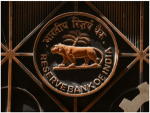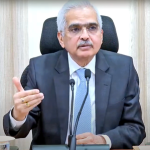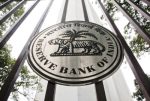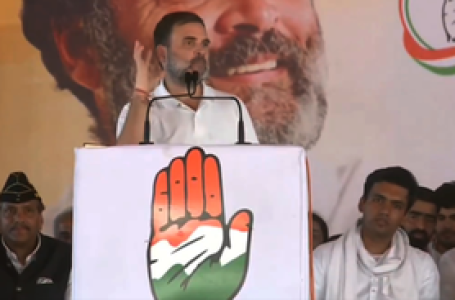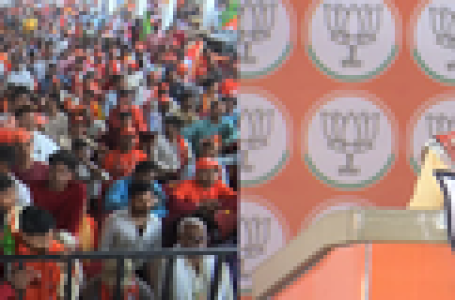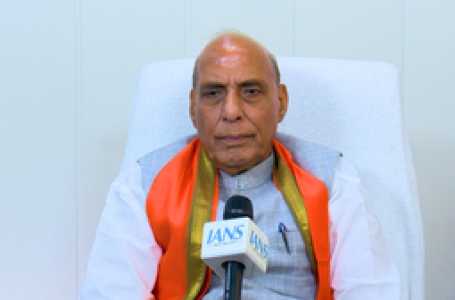
Sep 20, 2019
New Delhi: Enough columns have been written for nearly a year, on the then-slowing-currently sinking economy. More consultation meetings have been done than actual policy initiatives.
This entire scenario of doom-n-gloom started as a crisis of confidence. And now is spiralling into economic doomsday prophecies.
Trust deficit between policy makers and the industry is at all-time high. The policy outlook of socialist Delhi & capitalist Mumbai is widening in their philosophical differences.
One size won’t fit all
Hence thinking of only one solution won’t work as quick-fix. The government and its regulators need to work cohesively to take multiple steps across sectors.
The concept of “I told you so” needs to be paused for some time. Imagine a critically-ill-patient (the economy) is in ICU. The doctor will first treat the patient to get him/her stable and out of ICU. We don’t admonish the patient to stop smoking or drinking. The lectures or advice happens after the critical state has been treated and when the patient is recuperating towards better health.
Debt – the new 4-letter word ?
Debt is not a bad word. But the way the policy makers and media has reacted to the D-word makes it impossible to defend that debt is good.
Liquidity & Leverage are very much a part of any business model. Equity capital alone can’t build industries or consequently nation!
It’s a rude wake-up call that Indian debt markets are shallow, at best.
Probably experts should publicly state what should be the targeted annual Volume of debt markets to achieve our $5-trillion GDP goal !! Else we will continue with the usual drama of “how to deepen debt markets and how to widen bond markets” rhetoric.
If credit markets dry up, economies freeze. Jobs are lost. Public confidence falls. For a country, where the vast middle class does not have social security benefits, it will have severe economic backlash as well as political tide issue.
Even the GoI has high debt. But then why is it that the industry is questioned for having debt? Today the way the PSEs are run, will they get debt in the market without sovereign guarantee / ratings? So in effect, the market is looking at the GoI for paying it back and not assuming that the PSE will be hugely profitable !
Past so many quarters, with the panic in debt markets, bulk of funds have gone into G-sec, more for the sovereign rating than for supporting the economic policies.
We need consumers to continue spending
We are domestic consumption economy. Already the consumer confidence has reduced and they have drastically cut spending across sectors – be it cutting down the number of eating-out days or to delaying personal vehicle purchase to cancelling holidays or simply their planned shopping. It can also be verified from GST collections in each of the sectors. If this paralysis continues, it will impair our GDP!
Learnings from 2008 GFC
Print currency & infuse additional liquidity into market to boost consumer spends, even at cost of short term inflationary rise.
It is not wrong for GoI to look at setting up a TARP-like program. The US Fed did execute it well and also benefited monetarily once the companies that had access to TARP, repaid the monies taken from Fed with fees & interests.
This necessitates that RBI is on the same page as GoI is, in the objectives to resolve credit crunch.
We can work in controlling inflationary trends once the consumer confidence stabilises for few quarters.
Realty’s reality
Kick start realty sector. It’s 2nd largest employer of unskilled labour in the country. It has a value chain of nearly 100 sectors including cement, steel, paint, and mainly financial services.
Learning from the HFC crisis is that if industry is penalised for funding B2B, it will have severe consequence of defaults in B2C also. The much used term the past 4 quarters is “ALM mismatch”. In a market when the HFCs funded the asset side (customers) for 15 years, the corresponding liabilities (debt papers) they could raise was around 5 years. The industry has been working on the market mechanism that “roll-over of debt” would be available.
And in the ILFS crash, Mutual Funds who are one of the 2 key participants in the domestic debt market froze and started pulling back monies from their borrowers. The other participant being primarily public sector banks simply froze as their sector was reeling from NPA pressures in the past and other sectoral exposure like manufacturing, commodity etc. And for a lending institution like bank, constant infusion of additional equity capital is required to grow the balance sheet and to clean up the NPAs. Add to it, the bankers fear of taking a credit call to avoid any repercussions from any investigative agencies !
We have a perfect “debtly” – cocktail!
And let’s stop moral hazarding ! And let’s fix the problem. We need the credit offtake to start to avoid a panicking society. IANS






